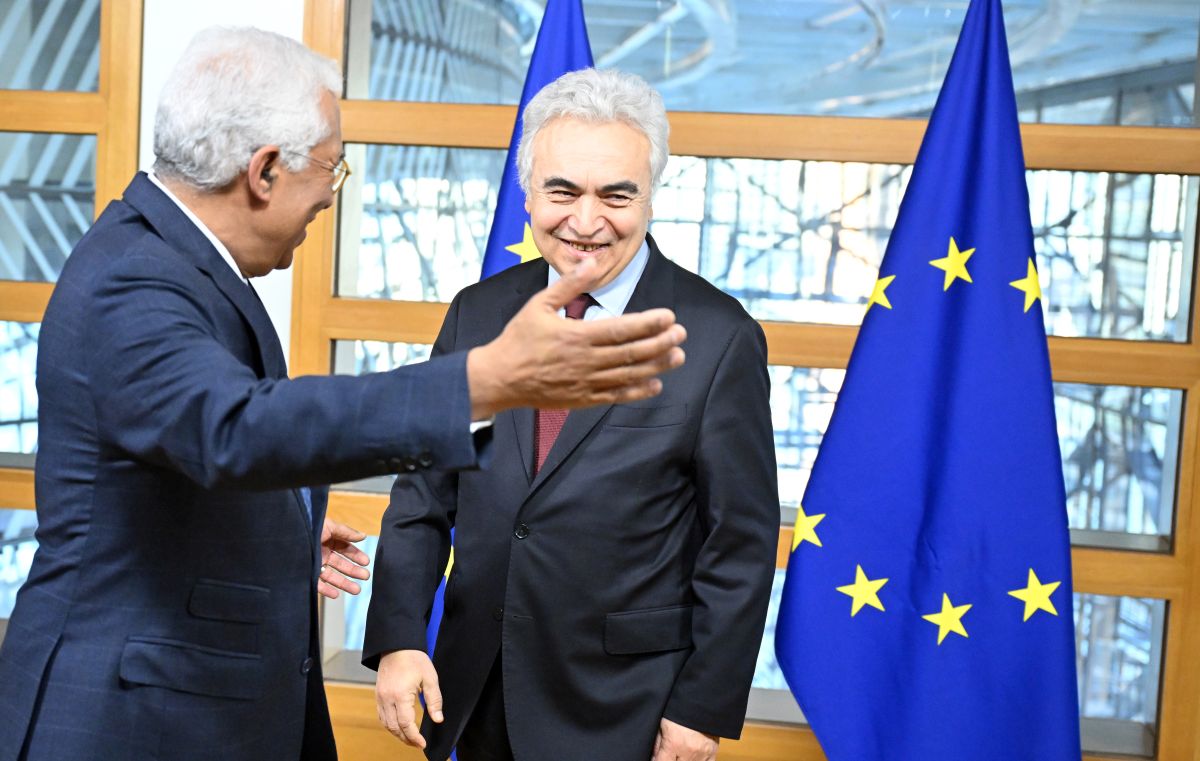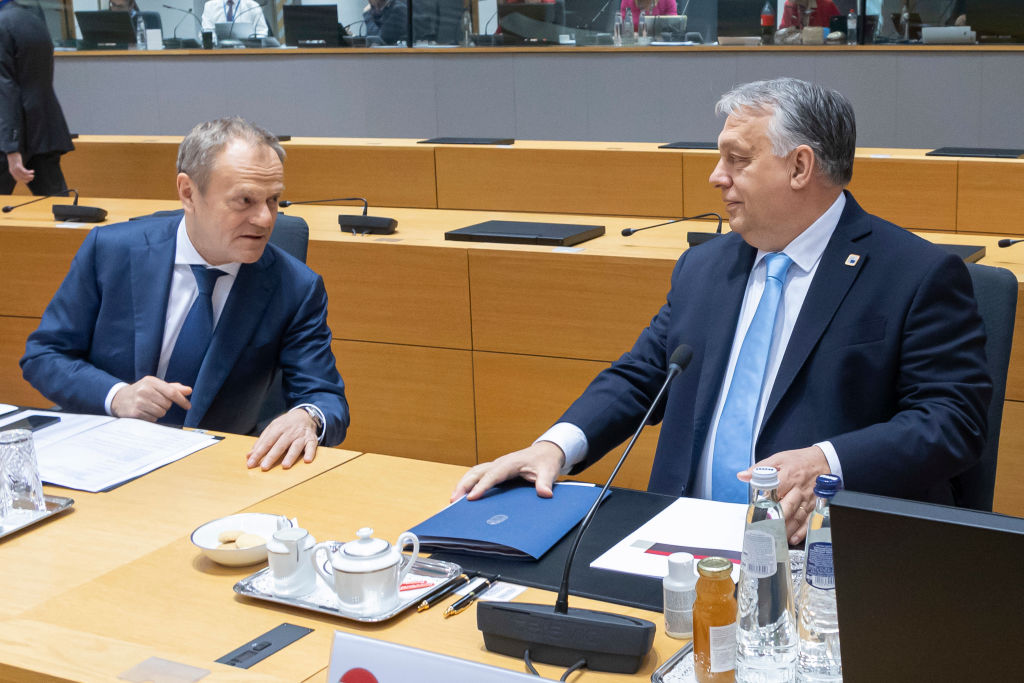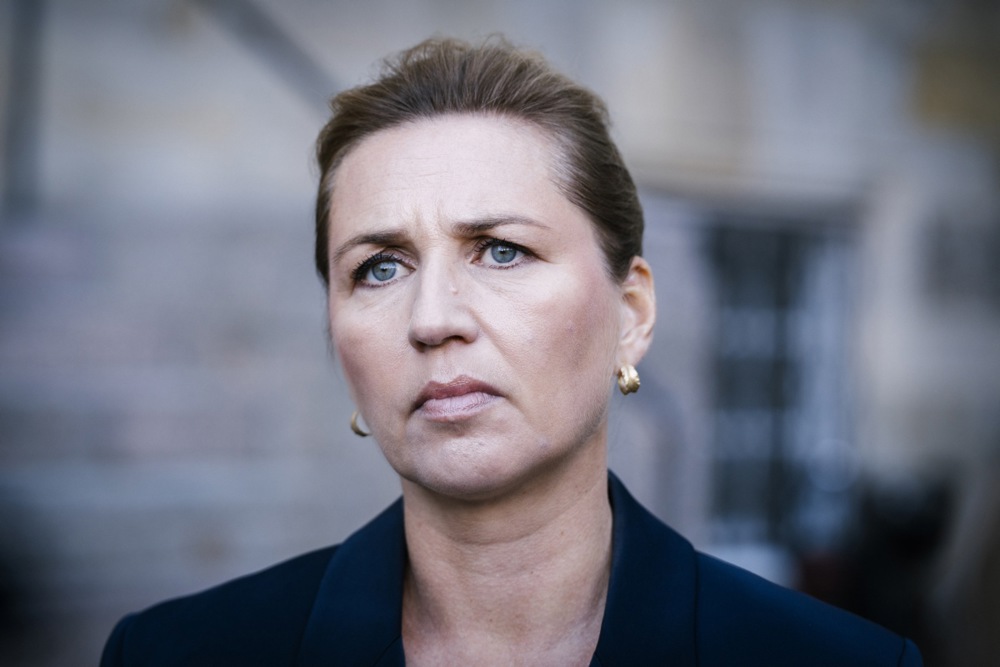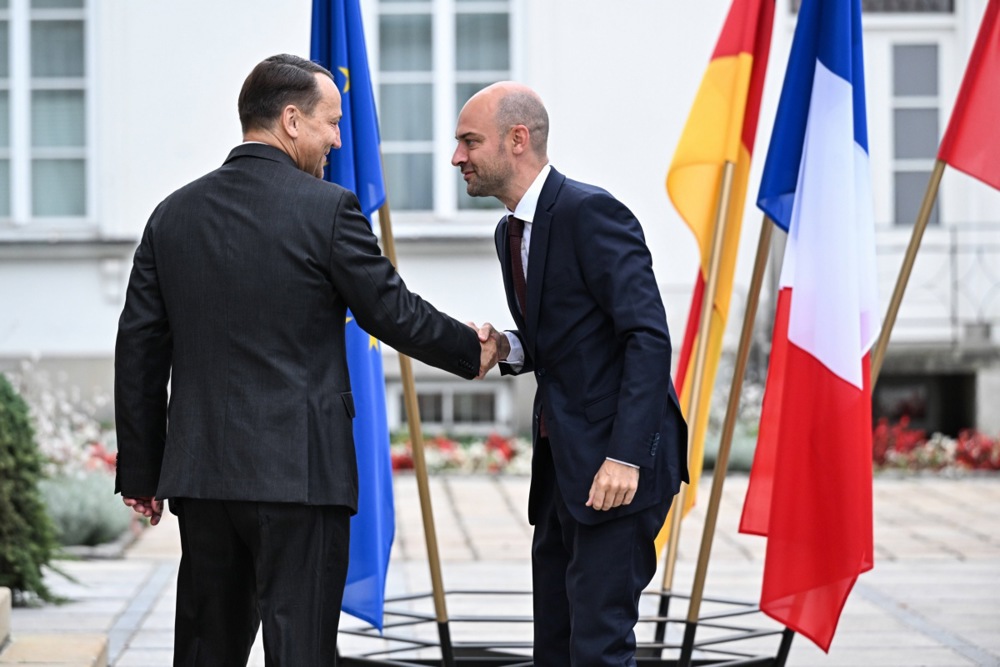EU looks beyond 'weak' Copenhagen climate deal
After two weeks of extenuating talks, world leaders delivered an agreement in Copenhagen that left Europeans disappointed as it failed to commit rich and poor countries to any greenhouse gas emission reductions. EURACTIV reports from the Danish capital.

After two weeks of extenuating talks, world leaders delivered an agreement in Copenhagen that left Europeans disappointed as it failed to commit rich and poor countries to any greenhouse gas emission reductions. EURACTIV reports from the Danish capital.
The face-saving deal, dubbed the ‘Copenhagen Accord‘, failed to produce a binding agreement to tackle climate change, which Europe had said it expected prior to the opening of the UN conference.
The resulting text, agreed in the early morning of Saturday (19 December) after hours of wrangling, states that deep cuts in global emissions “will be required” and that countries will take action to maintain the global temperature increase below 2°C.
But the final text does not mention a long-term vision on emission reductions for 2050, nor does it include medium-term targets for 2020.
Speaking in Copenhagen, European Commission President José Manuel Barroso said the deal was “clearly below” the European Union’s goal. “I will not hide my disappointment,” he said.
He was echoed by German Chancellor Angela Merkel, who said “the path toward a new agreement is still a very long one.”
Merkel added that the deal was not ambitious enough for the EU to increase its commitment to cut carbon emissions by 30% by 2020 from 20%.
UN Secretary-General Ban Ki-moon put on a brave face, welcoming the agreement and calling it an “essential beginning”. “Many will say that it lacks ambition,” Ban admitted. “Nonetheless, you have achieved much,” he told conference delegates.
The Copenhagen Accord is based on a proposal tabled by a US-led group of five nations, including China, India, Brazil and South Africa. US President Barack Obama called it a “meaningful agreement”.
The closed-group negotiations sparked protests from delegates who felt they had been excluded from the process and did not agree with the wording of the document. The accord, they claimed, did not go far enough in cutting greenhouse gas emissions, which are blamed for causing global warming.
Emission reduction targets sidelined
Until the final hours of the conference, countries kept to their initial positions. China and India resisted making any commitment to contribute to efforts to cut global warming by 50% by 2050, while some poor countries – particularly those most vulnerable to climate change, like small-island states – were pushing for global temperature rises to be limited to a 1.5°C ceiling instead of 2°C.
Their inflexible position was matched by President Obama’s own constraints. Held back by partisan infighting over a domestic climate bill in the US Senate, Obama failed to come up with more ambitious targets and reiterated his initial proposal to curb emissions by 17% below 2005 levels by 2020, a drop of about 4% below 1990 levels (see EURACTIV LinksDossier).
“China and the US have the main responsibility for the weak outcome of the Copenhagen conference. The US has failed to adjust its reduction targets to global needs. China has refused to sign a treaty with international obligations,” said German Socialist MEP Jo Leinen, who headed the European Parliament’s delegation in Copenhagen.
Climate finance delivered
The accord commits developed countries to providing new and additional funding amounting to 30 billion dollars for the period 2010-2012 in order to help poor nations tackle global warming.
The so-called fast-start money will be allocated to poor countries that need to adapt to climate change, but also to reduce their emissions and embark on a low-carbon development path. The short-tem financing will also be used to prevent deforestation.
Developed countries also agreed “to set a goal of mobilising jointly 100 billion dollars a year by 2020 to address the needs of developing countries”.
The agreement was based on an announcement on Thursday (17 December) that the US would contribute to a fund of $100 billion a year (€69.8 billion) until 2020 to help poorer countries to tackle climate change and adopt cleaner energy.
Verification of mitigation actions
However, Obama insisted the aid would be tied to the imposition of monitoring, reporting and verification requirements on China and other large developing countries regarding their emissions curbs. China has resisted such calls, saying they would be intrusive and violate its sovereignty (EURACTIV 18/12/09)
The final accord takes note of these tensions and foresees that mitigation actions taken by developing countries will be subject to domestic measurement and verification systems.
But the deal also provides for actions seeking international financial support to be monitored by international verification.
Tackling deforestation gets green light
If there was one point on which all countries agreed, it was the crucial role played by stopping deforestation in fighting climate change, as 15% of global warming emissions are attributed to clearing forests.
The accord calls for more action to be taken by mobilising financial resources in developed countries.
As part of the agreement, a fund called the Copenhagen Green Climate Fund was also proposed. Money will be channelled through the fund to support different initiatives for adaptation, emission reduction and technology development. A mechanism will also be established to intensify technology transfer between developed and developing countries.
International governance the big loser
The absence of a strong deal in Copenhagen has damaged the credibility of the United Nations and undermined its legitimacy in tackling climate change, which is enshrined in the 1992 climate convention treaty.
“The Copenhagen conference demonstrated the highly unsatisfactory and inefficient method of UN conferences. A deep reform of the decision-making in the framework of the United Nations is an urgent necessity,” said MEP Leinen, head of the European Parliament delegation.
The UN climate convention is the flagship agreement on global warming and its outcomes are supposed to be negotiated among all parties. But the final deal was presented to other world leaders on a take-it-or-leave-it basis by small group of powerful players. It is now questionable whether the UN convention will be able to reinvent itself as it tries to get back on its feet.
What next?
The deal sets an end-January 2010 deadline for all nations to submit plans for curbing emissions to the United Nations. A separate text proposes an end-2010 deadline for reporting back, but dropped plans to insist on a legally-binding treaty.






